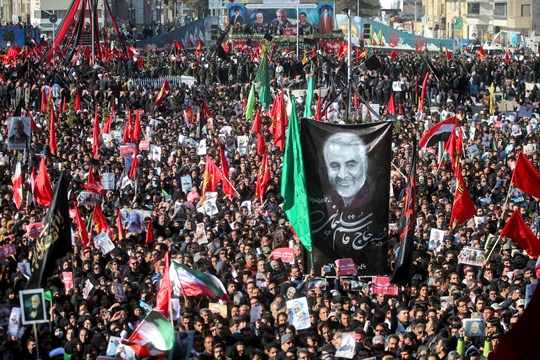
Reactions in the United States to the killing of Iranian Maj. Gen. Qassem Soleimani have tended to fall into three broad categories. Those who support the strike argue that it eliminated a uniquely irreplaceable figure advancing Iran’s regional influence, while also reestablishing deterrence against Tehran.
Those who oppose it fall into two groups. Some warn that by killing Soleimani, the U.S. took a step up the escalation ladder that will inevitably lead to open conflict with Iran. Others say that even short of causing all-out war, the strike was ill-advised because its strategic costs outweigh its benefits.
The first argument is almost certainly false. The second is probably exaggerated. And the third is almost certainly true. But whether killing Soleimani forestalls immediate conflict or fuels further escalation, it has locked the U.S. and Iran into a costly confrontation for the foreseeable future.
 Eurasia Press & News
Eurasia Press & News

